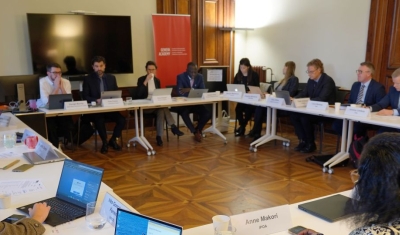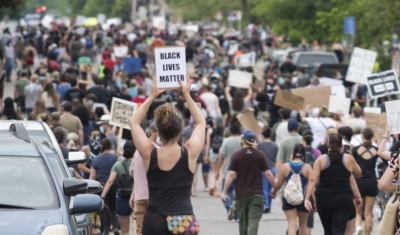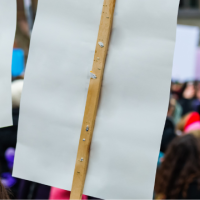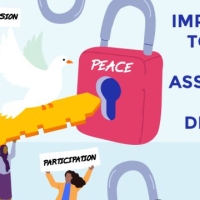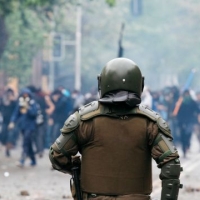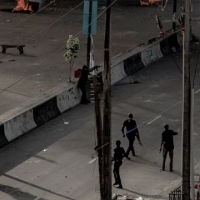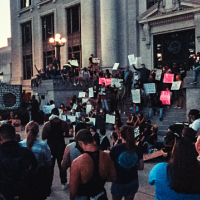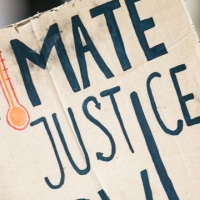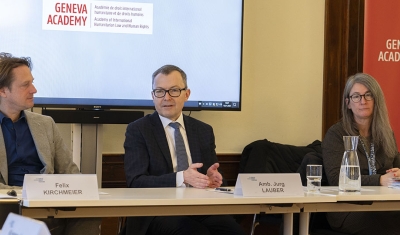Context
The rights to freedom of peaceful assembly and of association play a key role in enabling individuals and groups to come together to improve lives and to contribute meaningfully to decision-making processes by governments.
These rights help to foster increased transparency and accountability and are basic prerequisites for the goal of securing substantive enjoyment of all human rights.
Although these two freedoms are guarantee and protected by articles 21 and 22 of the International Covenant on Civil and Political Rights, they have been under intensive attacks in the recent decade. State and non-state actors are devising novel ways to undermine these rights and civic space as a whole both at national and international levels is shrinking.
Measures to limit these rights are often grounded in state security notions that run counter to the very idea of democracy and basic human rights principles. The impact is felt well beyond the organizations attacked to those they serve, defend and support.
Objectives
This project, supported by the Ford Foundation, aims at providing support to the United Nations (UN) Special Rapporteur on the Rights to Freedom of Peaceful Assembly and of Association Clément Voulé by:
- Addressing emerging issues affecting civic space
- Developing tools and materials allowing various stakeholders – including states, civil society organizations (CSOs), lawyers and human rights defenders – to promote and defend civic space.
By engaging states on cases, policies, laws and situations of concern, this mandate make states accountable for their decision-making affecting the rights to freedom of peaceful assembly and association and contributes to creating a safe and enabling environment for civil society work worldwide.
Activities
Among other activities, the UN Special Rapporteur will hold consultations with CSOs on emerging issues affecting civic space, including:
- The climate crisis and the mobilization of youth and other parts of society and the related repression of social movements
- The COVID-19 pandemic and its impact on civic space
- The internet shutdown and peaceful assembly
- Women and freedom of peaceful assembly and association.
These consultations will inform the future programmatic work of the mandate, especially thematic reports that will be presented to the UN Human Rights Council and the UN General Assembly in 2021.
In addition, the UN Special Rapporteur will provide to states, CSOs and other actors advocacy and implementation material to promote and protect civic space. This material will include, among others:
- Guidelines on the role of lawyers in peaceful protest
- Guidelines on CSOs’ participation in the implementation of SDGs
- The dissemination of the upcoming General Comment 37of the UN Human Rights Committee on freedom of assembly.


